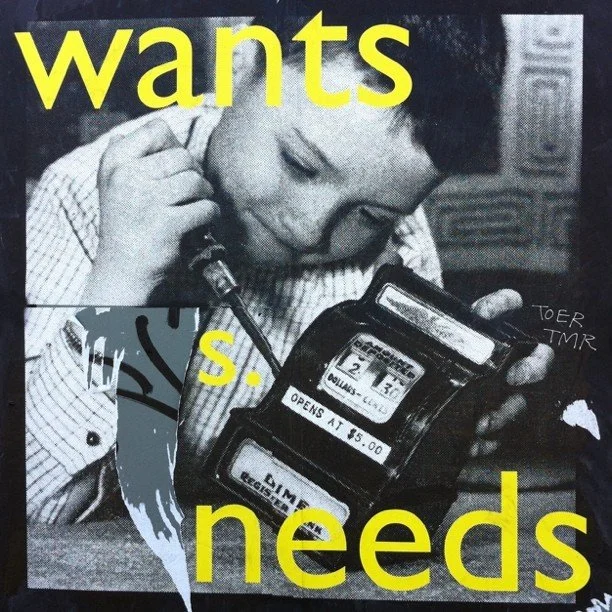Religious Language
I tend to think of a religion as a language. It’s a set of words and movements. One learns to associate those words and movements with one’s inward, ineffable ideas about the world. No language is inherently good or bad; it’s ideas that are good or bad. Learning a language is just a matter of expressing oneself clearly.
So for people like me for whom religion is a second language, choosing a religion has aesthetic considerations. Does this language sound like the world I see and hear and feel around me? Is it beautiful? Does it describe things elegantly? Does it please my mind?
The trap is to get lost in those superficial beauties, to get caught up in describing the world to the exclusion of living in it. Those are the word games of dogmatists and astrologers. “Oh, that’s not an outlier. That can be easily categorized. It’s right here in the Bible/your birth chart.”
But the trick is to be skillful with language, to use it for the ends of communicating and understanding oneself, not merely for describing things. Oftentimes no description is necessary. Plain language will usually communicate more clearly than religious code, especially in a pluralistic world.
Just spewing words accomplishes nothing if the speaker and the listener don’t meet at a destination of ideas. It’s the ideas behind the words that matter. That’s the lesson of the Fire Sermon. So religion is only as useful as one is successful at using it to communicate about the nature of reality. It is not always necessary.
With all that said, I have realized what it is about the Buddhist language that appeals to me. Religious languages are usually created to describe human nature. We have many conflicting, often inexpressible insights about our own nature. Religions help us isolate the useful ones and keep them straight. I think Buddhism’s language about human nature is the most useful.
Other religions, including the secular ones we study in the West, assume too much shared understanding about human nature, so people talk past each other about each other and themselves. Ideas like sin, justice, marriage as some outwardly defined pact, these don’t mean the same things to everyone, but common understanding is assumed. Miscommunications abound.
Buddhism’s language is different. It only proposes a minimum viable human nature. “We’re here. We’ll be gone soon. That’s hard. So let’s be kind to each other.” Everything above that is treated as mutable or transient.
Yes, life is more complicated than that most of the time, but Buddhist practice is designed to boil it all down to that as often as we can remember to do so. If we’re acting from that basic place, everything’s probably going to be fine. Our lapses are not sins. They’re just old habits of making things more complicated than they really are.
At least, that’s how I understand it.
